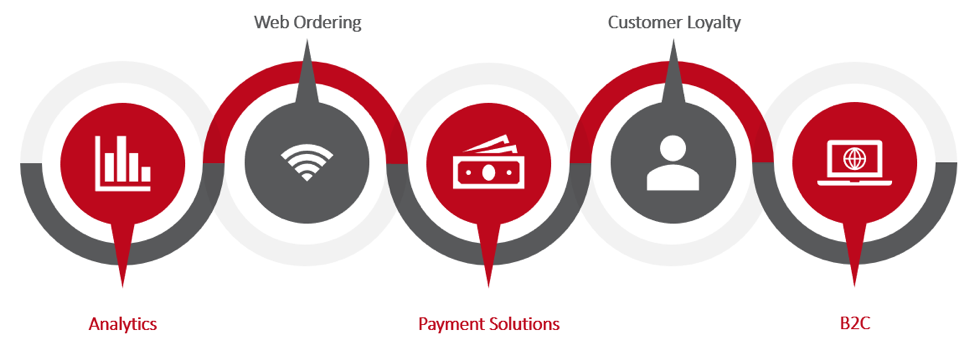
Unlocking Insights: Strategies for Digital Marketplace Analytics Success
The digital marketplace is a dynamic ecosystem, and understanding its intricacies through analytics is paramount for businesses aiming to thrive in this ever-evolving landscape. In this exploration, we delve into the strategies that define success in digital marketplace analytics, shedding light on the key elements that empower businesses to make informed decisions and stay ahead of the competition.
Comprehensive Data Collection: The Foundation of Digital Analytics Success
Success in digital marketplace analytics begins with comprehensive data collection. Businesses must gather data on customer behavior, transactions, website interactions, and marketing performance. By establishing a robust foundation of data, businesses can gain a holistic view of their digital marketplace, paving the way for meaningful insights and informed decision-making.
Customer Journey Mapping: Understanding the Digital Path to Purchase
Understanding the customer journey is a crucial aspect of digital marketplace analytics. Mapping the digital path to purchase involves analyzing touchpoints from initial awareness to final conversion. By identifying key stages and potential drop-offs, businesses can optimize the customer journey, enhance user experiences, and increase the likelihood of successful transactions.
Behavioral Analytics: Decoding User Interactions for Strategic Insights
Behavioral analytics provides a deep dive into user interactions within the digital marketplace. Analyzing how users navigate websites, engage with products, and respond to marketing campaigns yields strategic insights. Businesses can leverage behavioral analytics to refine website layouts, tailor content, and optimize marketing strategies based on observed user behaviors.
Conversion Rate Optimization (CRO): Enhancing Digital Performance Metrics
Conversion Rate Optimization (CRO) is a pivotal strategy in digital marketplace analytics. Businesses focus on improving the percentage of website visitors who take desired actions, such as making a purchase or filling out a form. Through A/B testing, analyzing user behavior, and refining calls-to-action, CRO enhances digital performance metrics, leading to increased conversions.
Marketing Attribution Modeling: Allocating Credit to Touchpoints
Digital marketplace success often involves various marketing channels, and attribution modeling is instrumental in understanding their impact. Businesses use attribution models to allocate credit to different touchpoints in the customer journey. This helps in identifying the most effective marketing channels, optimizing budget allocation, and enhancing overall marketing efficiency.
Real-Time Analytics: Staying Agile in a Dynamic Marketplace
In the fast-paced digital landscape, real-time analytics is a game-changer. Businesses need to monitor key metrics and performance indicators in real-time to respond promptly to emerging trends or issues. Real-time analytics empowers businesses to stay agile, make quick adjustments, and capitalize on opportunities as they arise in the dynamic marketplace.
Competitor Analysis: Gaining Insights for Strategic Advantages
Analyzing the competition is a fundamental aspect of digital marketplace analytics. Businesses need to gain insights into competitors’ strategies, market positioning, and customer interactions. By understanding the competitive landscape, businesses can identify gaps, differentiate their offerings, and strategically position themselves for success in the digital marketplace.
Predictive Analytics: Anticipating Trends for Future Success
Predictive analytics leverages historical data and machine learning algorithms to anticipate future trends and behaviors. Businesses use predictive analytics in the digital marketplace to forecast demand, identify potential issues, and tailor marketing strategies. By proactively addressing trends, businesses position themselves for sustained success in an ever-evolving marketplace.
Continuous Monitoring and Iterative Improvement: A Recipe for Success
Success in digital marketplace analytics is an ongoing process. Continuous monitoring and iterative improvement involve regularly reviewing analytics data, identifying areas for enhancement, and implementing changes. This iterative approach ensures that businesses stay responsive to shifts in the digital marketplace, fostering adaptability and sustained success.
To explore the strategies for success in digital marketplace analytics, visit Digital marketplace analytics. Uncover the insights, implement the strategies, and navigate the dynamic digital marketplace with confidence and agility.
